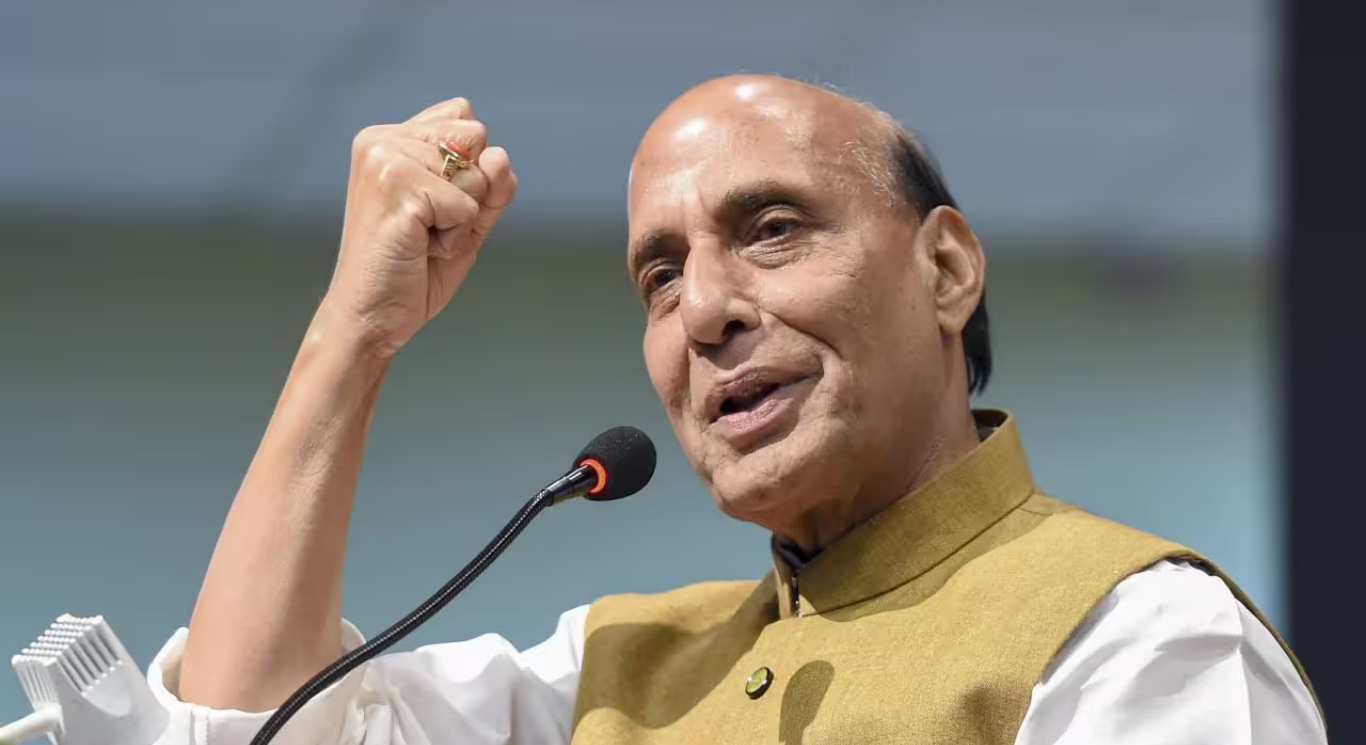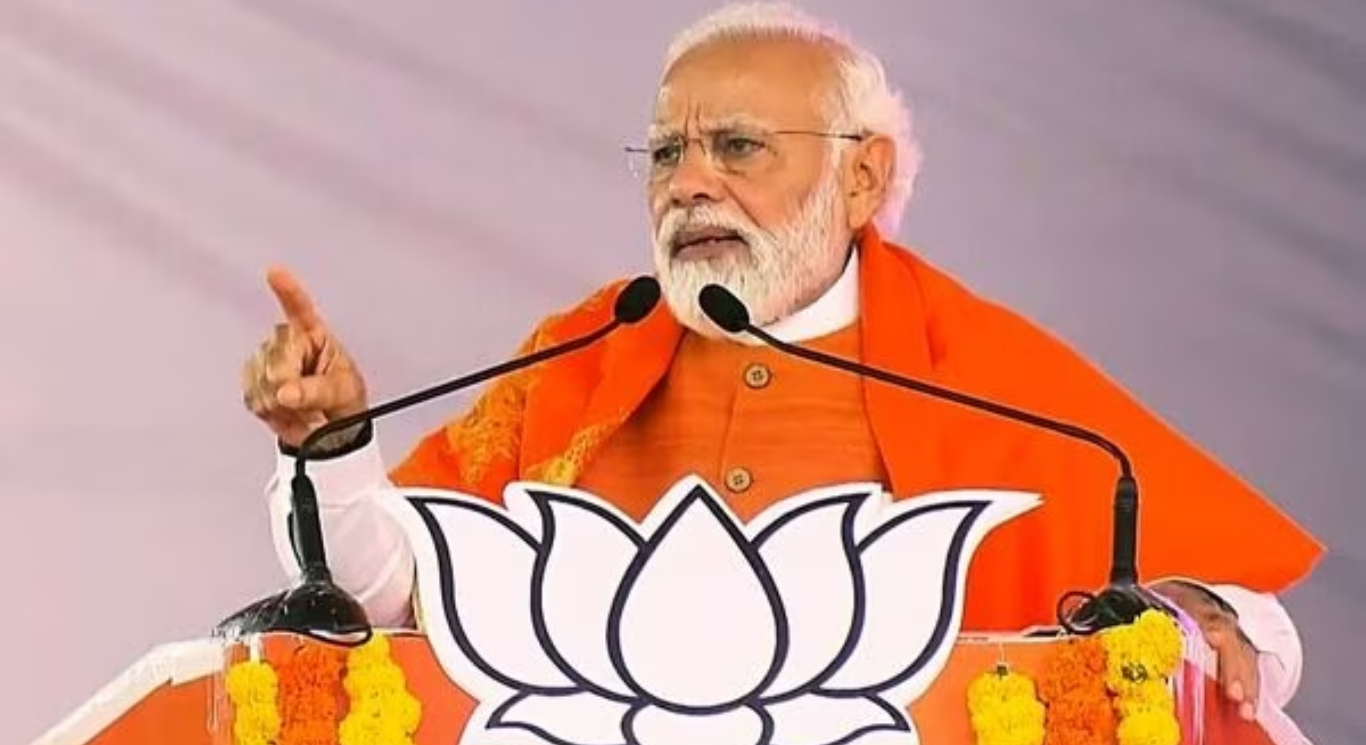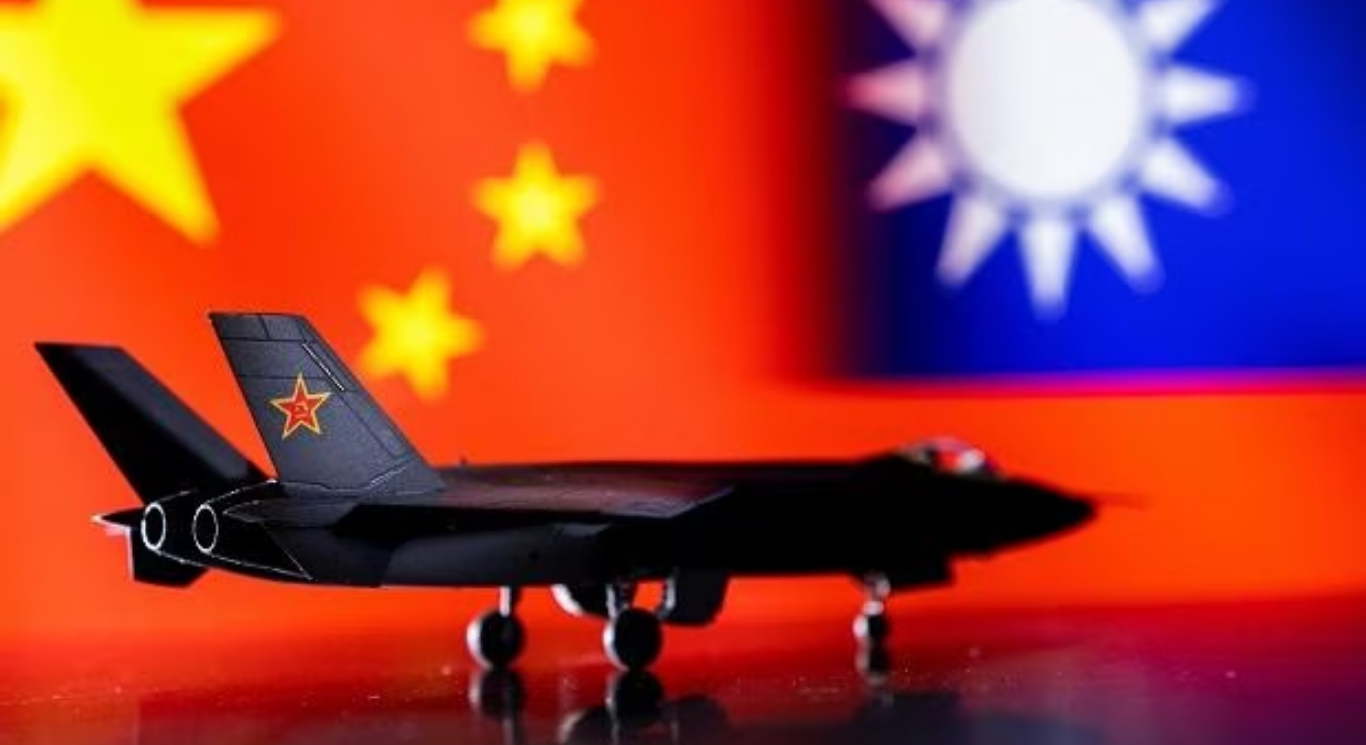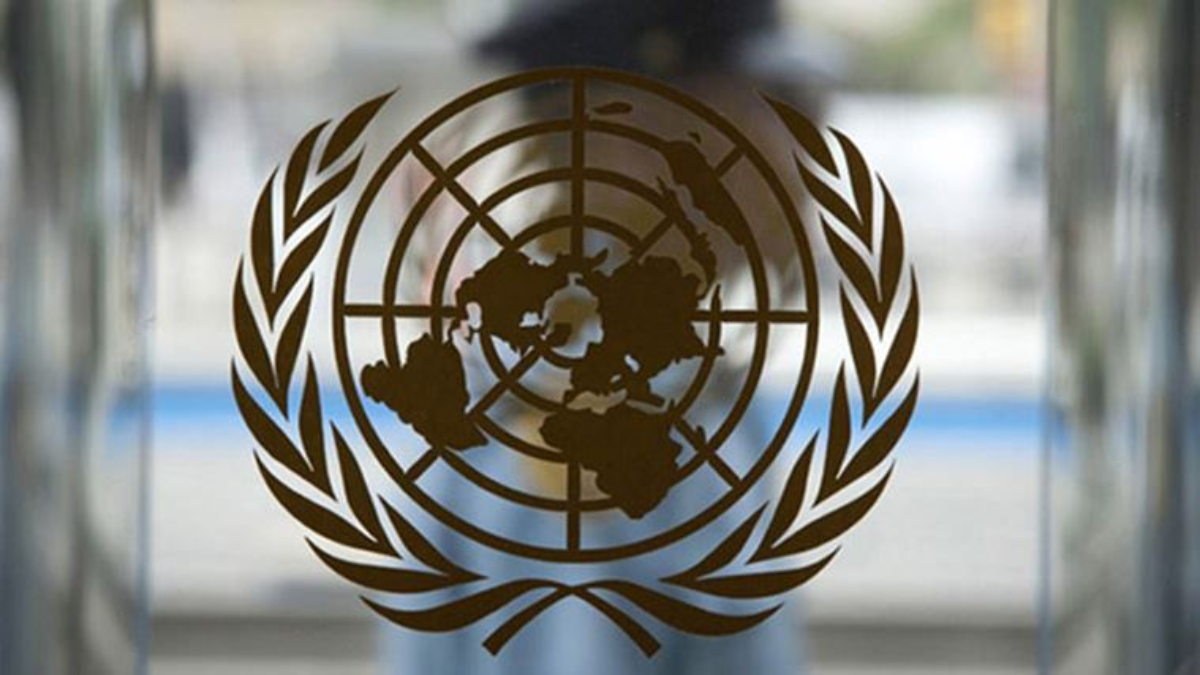


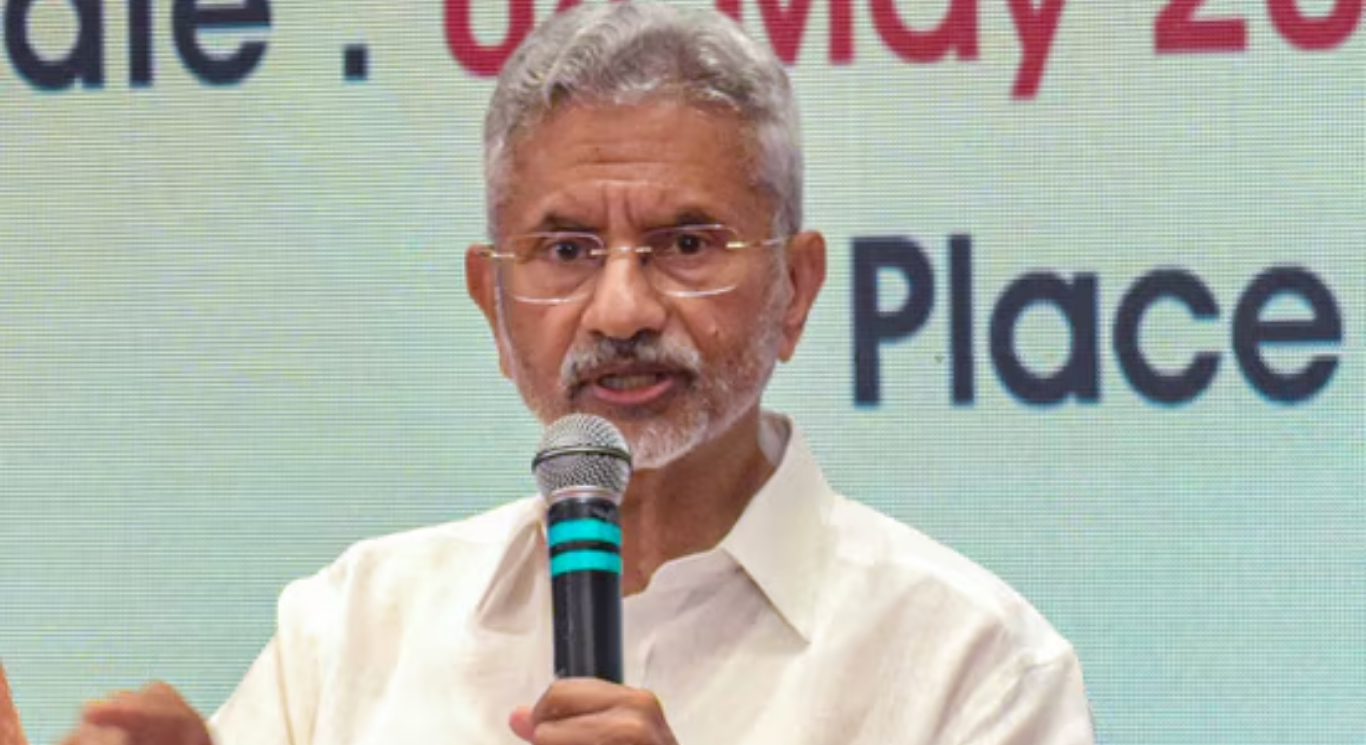
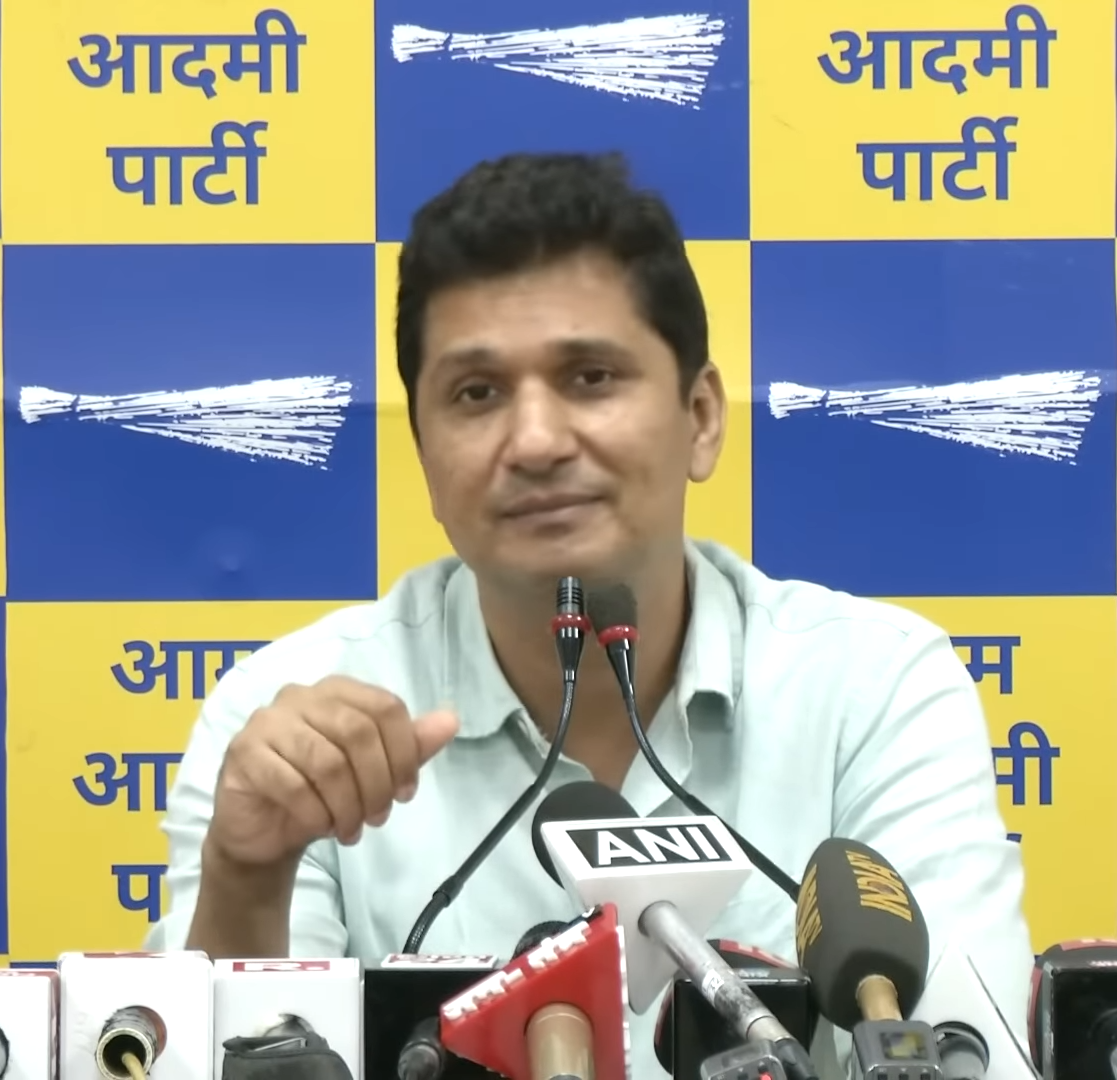


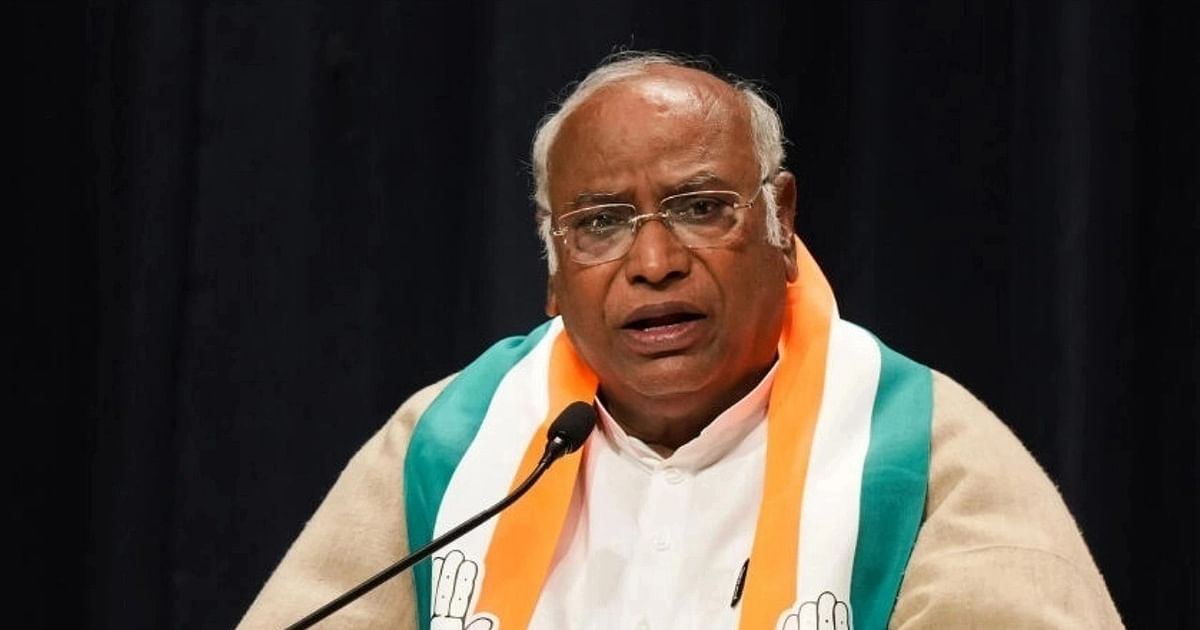

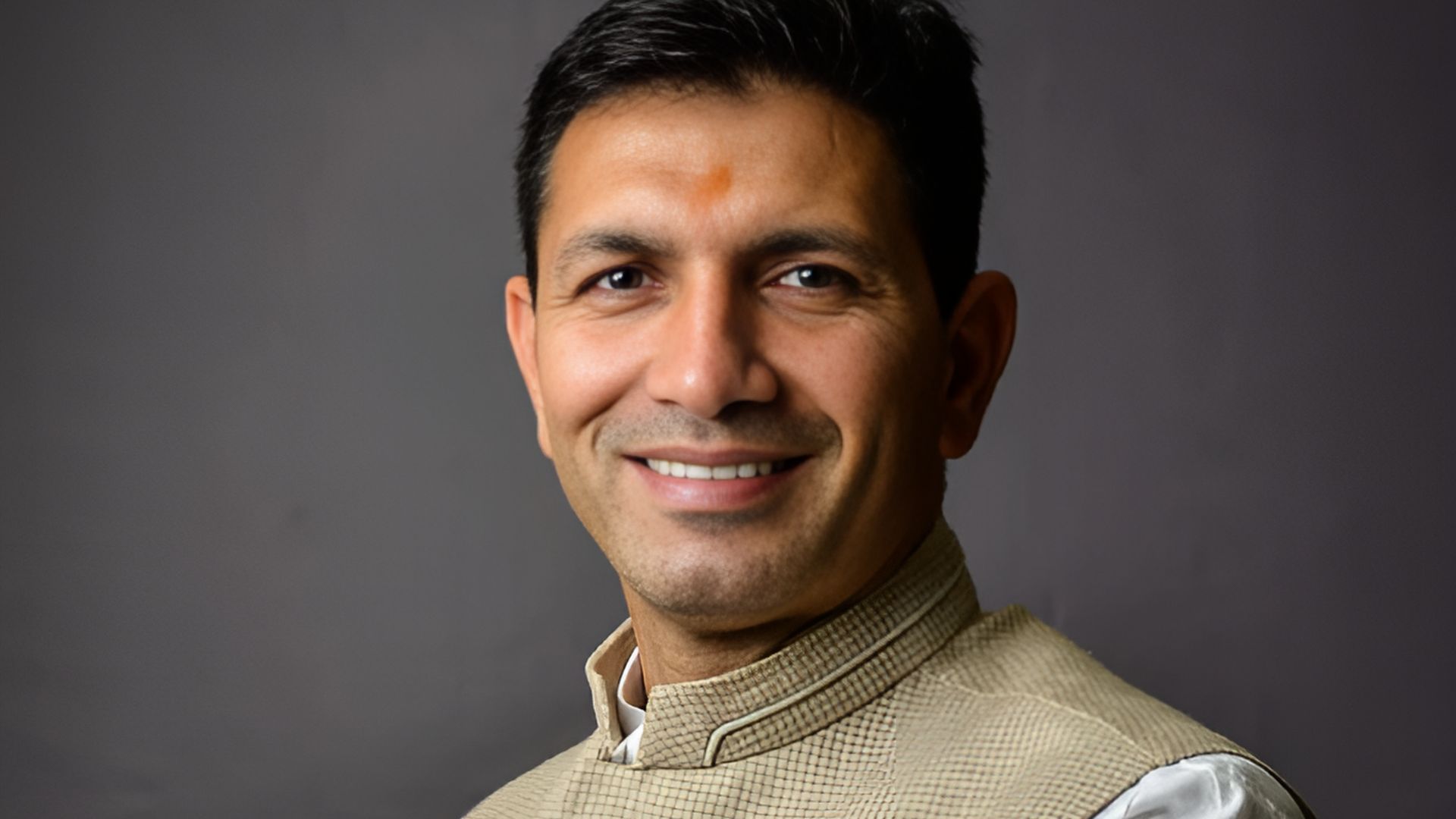
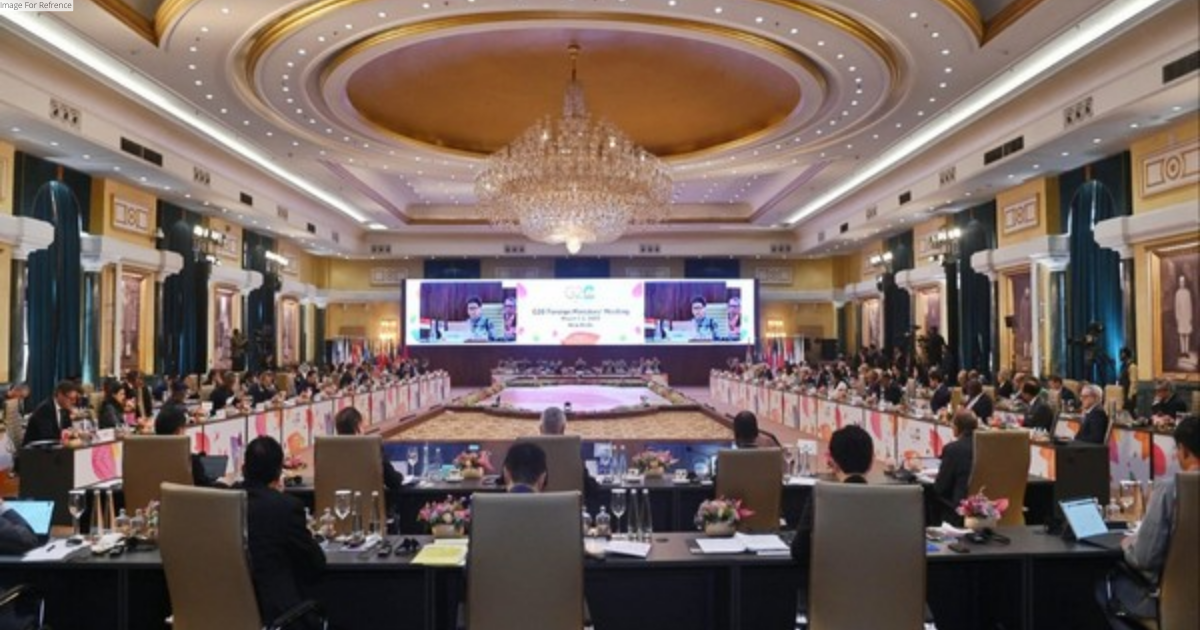
The G20 Foreign Ministers meeting held here on Thursday was a resounding success, with the outcome document reflecting developing countries and the global south’s concerns, and the G20 countries discussing other global import issues such as terrorism and reliable supply chains.
G20 countries, which noted the growing threat posed by the misuse of new and emerging technologies for terrorist purposes and advocated for a more inclusive and revitalized multilateralism and reform, condemned terrorism in all its forms and manifestations. 40 delegations attended the meeting, including 13 international organizations. Bangladesh, Egypt, Mauritius, the Netherlands, Nigeria, Oman, Singapore, Spain, and the United Arab Emirates were among the nine foreign ministers who attended.
The G20 Foreign Ministers meeting in Delhi was one of the largest ever hosted by a G20 president. According to the Outcome Document issued at the conclusion of the G20 Foreign Ministers meeting in Delhi, supply chains for food and agricultural products, including fertilizers, should be reliable, open, and transparent.
It stated that the G20 Foreign Ministers met in New Delhi on March 1 and 2 at a time when the world is facing multi-faceted challenges ranging from insufficient progress towards the Sustainable Development Goals (SDGs), climate change, pollution, and biodiversity loss, to the economic slowdown, debt distress, uneven pandemic recovery, growing poverty and inequality, food and energy insecurity, and global supply chain disruptions, all exacerbated by geopolitical tensions and conflicts.
“Meeting under India’s G20 Presidency, with the theme ‘Vasudhaiva Kutumbakam’ – ‘One Earth. One Family. One Future’, the G20 Foreign Ministers deliberated upon current global challenges. They brought focus on strengthening multilateralism, food and energy security, ambitious climate and environmental action, deepening cooperation on sustainable development, counter-terrorism, counter-narcotics, global health, global talent pool, humanitarian assistance, and disaster risk reduction, as well as gender equality and women’s empowerment,” the Outcome document said.
According to the report, the global order has changed dramatically since World War II as a result of economic growth and prosperity, decolonization, demographic dividends, technological advances, the emergence of new economic powers, and deeper international cooperation.
“The United Nations must be responsive to the entire membership, faithful to its founding purposes and principles of its Charter, and adapted to carry out its mandate. In this context, we recall the Declaration on the Commemoration of the 75th anniversary of the United Nations (UNGA 75/1) which reaffirmed that our challenges are inter-connected and can only be addressed through reinvigorated multilateralism, reforms, and international cooperation,” it said.
The need for revitalized multilateralism to adequately address contemporary global challenges of the twenty-first century, as well as to make global governance more representative, effective, transparent, and accountable, according to G20 Foreign Ministers, has been voiced at multiple fora.
“In this context, a more inclusive and reinvigorated multilateralism and reform aimed at implementing the 2030 agenda is essential. We will step up efforts to make a meaningful contribution to the success of the SDG Summit in September 2023, COP28 in December 2023, and the Summit of the Future in 2024. We are supportive of further deepening cooperation between the G20 and regional partners, including African partners,” it said.
The meeting recalled the Bali Leaders’ Declaration, in which leaders reaffirmed that a rules-based, non-discriminatory, free, fair, open, inclusive, equitable, sustainable, and transparent multilateral trading system, with the WTO at its core, is essential to advancing our shared goals of inclusive growth, innovation, job creation, and sustainable development in an open and interconnected world, as well as supporting the resilience and recovery of a global environment. According to the document, the G20 countries are deeply concerned about global food security challenges exacerbated by current conflicts and tensions.
“Promoting the availability, accessibility, affordability, sustainability, equity, and transparent flow of food and agricultural products including fertilizers in all corners of the globe, to fight hunger and malnutrition is the need of the hour. Supply chains of both food and agricultural products including fertilizers should be kept reliable, open, and transparent.”
“Promoting efficient, sustainable, inclusive, and resilient agriculture and food systems is necessary to address the vulnerabilities of developing countries. Support for increased cooperation in areas like agrobiodiversity, minimizing food loss and waste, improving soil health, climate-resilient and sustainable agriculture, connecting local, regional, and international markets, and strengthening Agricultural Market Information System (AMIS), as well as promoting healthy diets and nutritious foods is essential.”
“Systems that underlie food security such as water and fertilizers, should be bolstered to ensure sustainable agriculture and durable and climate-resilient solutions. We reiterate our support for open, transparent, inclusive, predictable, and non-discriminatory agricultural trade based on WTO rules,” the document said.
It emphasized the importance of full, timely, improved, and ongoing implementation of the Black Sea Gran Initiative and the Memorandum of Understanding between Russia and the UN Secretariat, which Turkiye and the UN brokered as a package on July 22, 2022, to reduce global food insecurity and enable unimpeded flows of more food and fertilizers to develop countries in need.
In terms of energy security, the document stated that uninterrupted, sustainable, and resilient supply chains are critical to ensuring affordable, reliable, and long-term access to energy for all “Strengthening sustainable supply chains as well as circular approaches and promoting inclusive investments are necessary to meet growing energy demand.”
Concerning climate change and biodiversity, the Foreign Ministers reaffirmed their leaders’ unwavering commitments to addressing climate change by strengthening the full and effective implementation of the Paris Agreement and its temperature target, reflecting equity and the principle of shared but differentiated responsibilities and respective capabilities in light of different national circumstances.
“We recall and further urge developed countries to fulfill their commitments to deliver on the goal of jointly mobilizing USD 100 billion per year urgently by 2020 and through to 2025 in the context of meaningful mitigation action and transparency on implementation. We also support continued deliberations on an ambitious new collective quantified goal of climate finance from a floor of USD 100 billion per year taking into account the needs and priorities of developing countries, that helps in fulfilling the objective of the UNFCCC and implementation of the Paris Agreement. We commit to strengthen actions to halt and reverse biodiversity loss by 2030.”
The threat of future pandemics is very real, according to the document, and the G20 countries must work together to institutionalize and operationalize the multi-sectoral actions required for health emergency prevention, preparedness, and response.
“As demonstrated by the Covid-19 pandemic, we are at a critical stage in global health. Strengthening key aspects of global health architecture, with the leading and coordination role of the WHO, including our support for the process to negotiate and adopt a new pandemic instrument/accord and amendments to the International Health Regulations (2005), support for the Pandemic Fund, improving digital health, and working together with relevant international, regional and local organizations, is necessary.,” it said.
External Affairs Minister S Jaishankar, speaking at a press conference following the meeting, stated that the majority of the issues concerning the Global South, or developing countries, had a significant meeting of minds.
“And a considerable meeting of minds has been captured by the Outcome document. If we had a perfect meeting of minds of all issues and captured it fully, then obviously it would have been a collective statement,” he said.
Jaishankar said that the Chair Summary outlined the concerns of the Global South and “it is just on two paragraphs that were not able to get everybody on the same page.”
In response to a question about the impact of the Ukraine conflict, Jaishankar stated that it is having an impact on the global south.
“Of course, it is. It is not something new. In fact, India has been saying this very strongly for pretty much close to a year that this is affecting… In fact, today, in my own session, I actually used the word saying for much of the global south, this is a make-or-break issue that the cost of fuel, the cost of food, the cost of fertilizer…The availability of fertilizer means next year’s food. These are all extremely pressing issues,” he said.
“If you see, some of the countries who were already struggling with debt, who were already impacted by the pandemic. For them, the knock-on effects of this conflict come on top of that. It is a matter of very, very deep concern for us. This is why we kept focusing in this meeting on the concerns of the global south. We feel these are the most vulnerable countries. It is not credible to talk about the future of the global economy and the multilateral order if we are not able to really address and focus on the issues of those who are most in need,” Jaishankar added.
He stated that Prime Minister Narendra Modi stated in his remarks that G20 countries had a responsibility to those who were not present.
“There were five important points in the Prime Minister’s address. One, he noted that multilateralism is in crisis today. And, in terms of preventing future wars and fostering international cooperation which was two primary tasks it had failed. The second point he made was that it is important to give a voice to the global south because the world was sinking … a lot of countries actually regressing on their sustainable goals pathway were witnessing challenging debts,” he said.
“The third point he made was that the discussions that we were beginning at that time. He recognized that these discussions were affected by the geopolitical tensions of the day but asked us all as foreign ministers to remember that we had a responsibility for those who are not in the room. And therefore, he urged that we draw inspiration from India’s civilization ethos and focus not on what divides us but on what unites us,” he added.
Jaishankar reiterated Prime Minister Modi’s concerns about the challenges that participating countries should address, which included the impact of the pandemic, the loss of life in natural disasters, the breakdown of global supply chains, and the debt and financial crisis.
He stated that the G20 group has an individual and collective obligation to contribute to international growth and prosperity, which can be accomplished through long-term partnerships and goodwill initiatives.

